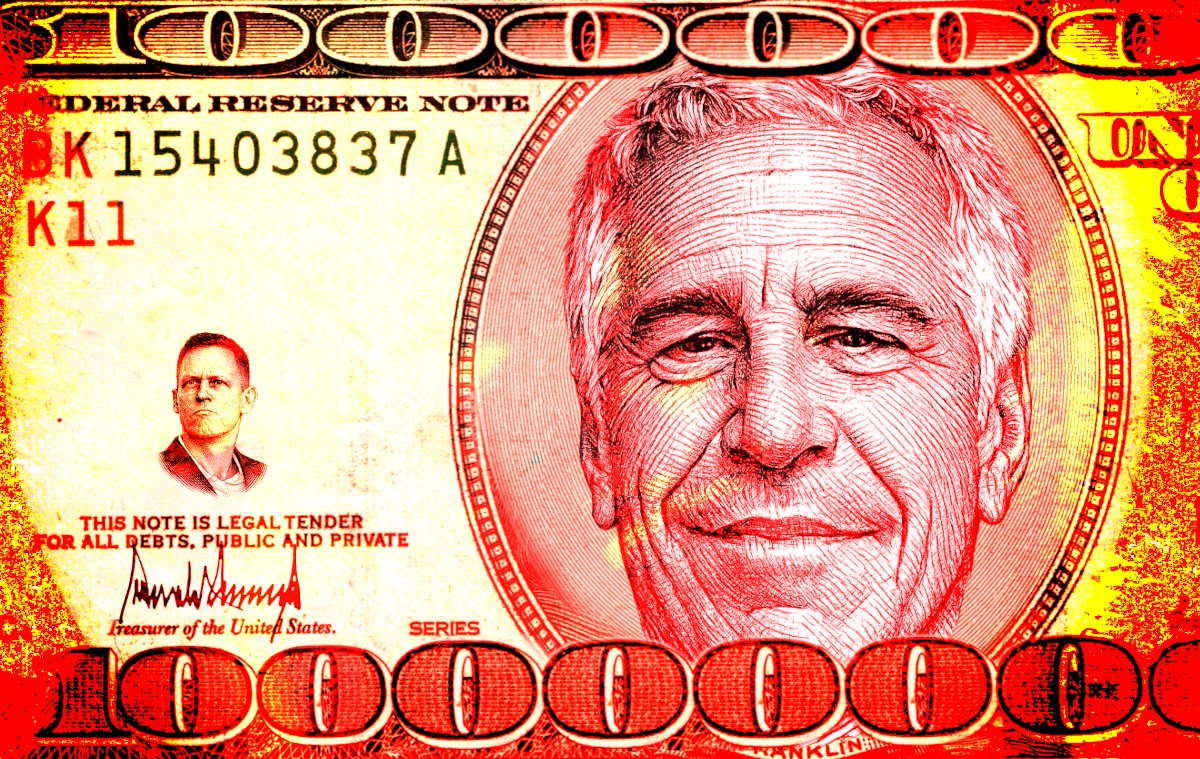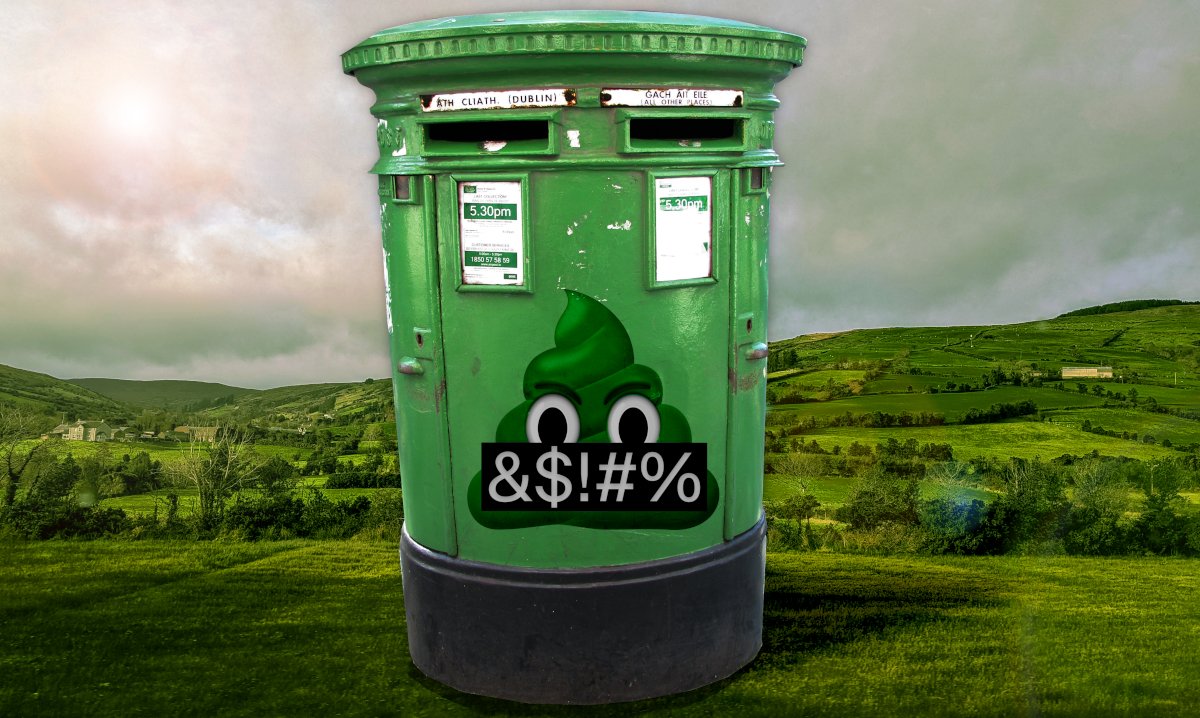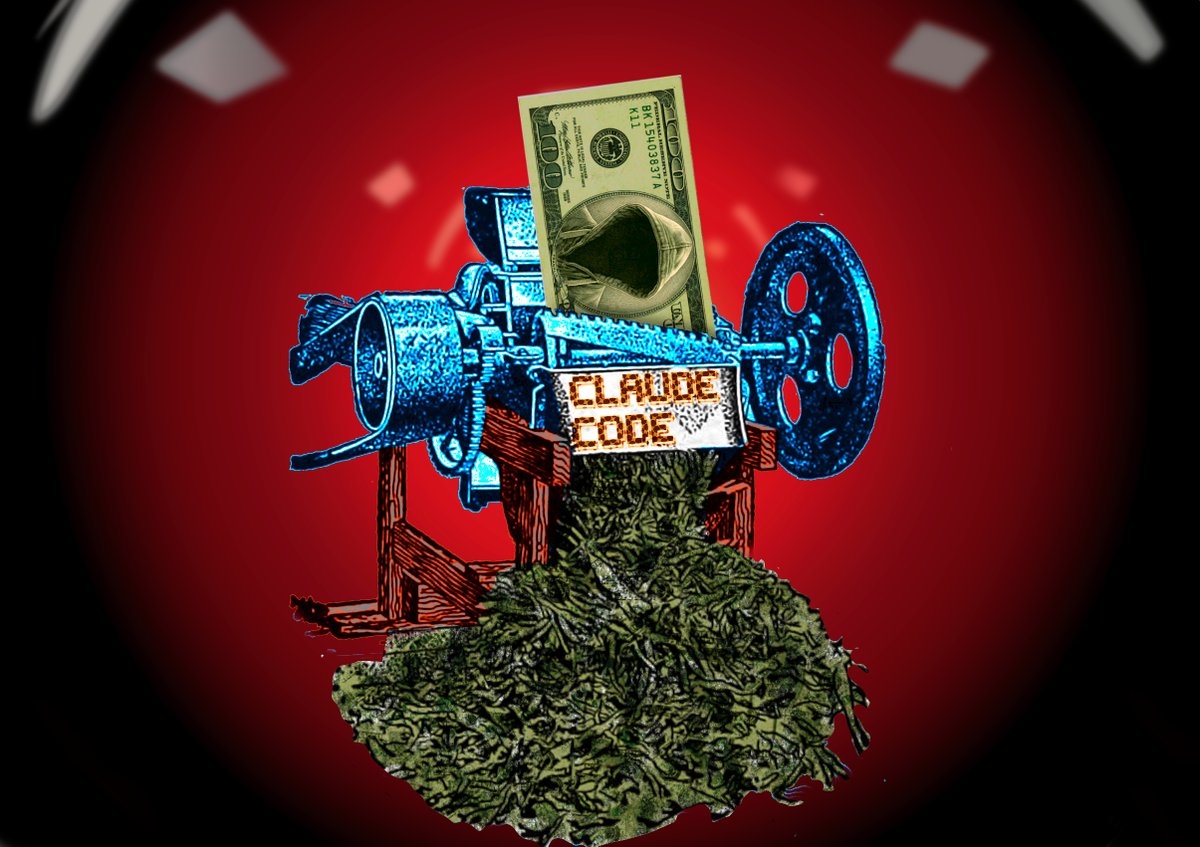We are living in a golden age of predatory capitalism, in which businesses that generate real value and stable employment are being destroyed by deep-pocketed quasi-tech firms that lose money on every transaction but hope to make it back by securing monopolies.
1/
1/

Nowhere is this more visible than in the restaurant industry, where a bewildering array of deceptive (and even fraudulent) tactics are being deployed by Doordash, Grubhub, Uber Eats, and Yelp, who have nonconsensually interposed themselves between eaters and restaurateurs.
2/
2/
If this is ringing bells, you might be recalling the infamous May case-study in which a pizzeria owner discovered that Doordash had put up a fake delivery page for his restaurant and was selling his pizzas for less than he charged for them.
pluralistic.net/2020/05/18/cod…
3/
pluralistic.net/2020/05/18/cod…
3/
Doordash would take the orders, then pay low-waged workers to call the restaurant and pretend to be real customers ordering takeouts. Then other low-waged gig economy workers would pick them up, pretending to be diners, and deliver them.
4/
4/
The end-game was to become a gatekeeper to the restaurant, by offering lower-than-cost pizzas to this guy's customers and then threatening to divert them to a rival unless he paid ransom to Doordash.
5/
5/
The wily pizza owner figured out that he could order dozens of his pizzas to a confederate's home, and simply ship out boxes of half-cooked dough, and bill Doordash a small fortune for a few pennies' worth of cardboard and flour.
It was quite a fun story!
6/
It was quite a fun story!
6/
Alas it was not representative. In the time since, the outlandish, predatory conduct of app companies has intensified, documented in "Rescuing Restaurants: How to Protect Restaurants, Workers, and Communities from Predatory Delivery App Corporations."
economicliberties.us/our-work/rescu…
7/
economicliberties.us/our-work/rescu…
7/
The report comes from @moetkacik for @econliberties, and it documents the fraudulent, anticompetitive tactics used by tech companies to steal from restaurants:
* Merging dozens of companies (online menus, delivery services, etc) into a single giant, then doubling its fees
8/
* Merging dozens of companies (online menus, delivery services, etc) into a single giant, then doubling its fees
8/
* Creating fake websites for restaurants, then using SEO to make them the top results on Google, and tricking customers into ordering through an app company instead of a restaurant
9/
9/
* Imposing anticompetitive contracting terms on restaurants prohibiting them from offering discounts for in-person dining or own-driver delivery
* Punishing restaurants that refuse to pay for upsell "marketing services" by banishing them from app search-results
10/
* Punishing restaurants that refuse to pay for upsell "marketing services" by banishing them from app search-results
10/
* Tricking drivers into becoming dependent on apps for income, merging with competitors so they have no alternative, slashing wages, all while maintaining the fiction that drivers are "independent contractors"
11/
11/
* Collecting sales tax on take-out orders that are not taxable and pocketing it
* Using tax-evasion techniques to avoid sales- and income-tax at the local, state and federal level
12/
* Using tax-evasion techniques to avoid sales- and income-tax at the local, state and federal level
12/
* Bribing Google (paying "referral fees") to add "order now" buttons to restaurants' listings that go to apps, not the restaurants' own ordering systems
13/
13/
* When restaurants cancel their Grubhub service and build their own ordering systems, Grubhub fraudulently lists those restaurants as "not offering delivery"
14/
14/
* Building "ghost kitchens" in shipping containers (etc) that clone the menus and recipes of the popular restaurants they've driven to their knees (while tricking chefs into working under dangerous, low-waged conditions in them)
15/
15/
It's the latest wrinkle on all the predatory businesses whose principle competence is SEO and fraud - think of the fake "locksmiths" that completely dominate all Google searches.
16/
16/
These are bullshit referral services that dispatch an untrained guy with a drill to destroy your lock and charge you a fortune, while the actual, skilled locksmiths in your neighborhood can't be located with a search.
17/
17/
But this is worse, because these predators have fantastically deep pockets, with money from the likes of Softbank (the notorious front for the Saudi royals behind Uber and Wework), and can afford to lose huge sums for years.
18/
18/
Older tech companies, like Yelp, are getting in on the action. As @bigblackjacobin reports for @motherboard, Yelp now fraudulently lists Grubhub's call center as the order number for restaurants in its database.
vice.com/en_us/article/…
19/
vice.com/en_us/article/…
19/
People who calls these numbers are deceived into thinking they are ordering from the restaurants they know and love - instead, they are being victimized by a rent-seeking man-in-the-middle attack that will destroy that restaurant over time.
20/
20/
Tkacik's report concludes with nine recommendations:
I. Investigate and prosecute the apps’ systematic unfair and deceptive practices
II. Prohibit delivery apps from imposing no price competition clauses
III. Ban further anti-competitive mergers in the sector
21/
I. Investigate and prosecute the apps’ systematic unfair and deceptive practices
II. Prohibit delivery apps from imposing no price competition clauses
III. Ban further anti-competitive mergers in the sector
21/
IV. Enforce and expand local laws curbing predatory commissions and other delivery app abuses
V. Prohibit delivery apps from using loss-leader pricing to harm competition and incentivize consumers to abandon on-premise dining
22/
V. Prohibit delivery apps from using loss-leader pricing to harm competition and incentivize consumers to abandon on-premise dining
22/
VI. Eliminate “independent contractor” loopholes and force the third party delivery giants to give their workers the wages, protections and benefits required of employers
23/
23/
VII. Require delivery apps to restrict the use of data collected from restaurants to limited and specific purposes, and explicitly prohibit them from leveraging data
VIII. Mandate search neutrality within apps and bar payola style arrangements between apps and restaurants
24/
VIII. Mandate search neutrality within apps and bar payola style arrangements between apps and restaurants
24/
IX. Separate platform and commerce in two ways: (1) Prohibit the combination of online ordering apps and delivery/logistics services (2) Online ordering apps and dark kitchens
eof/
eof/
• • •
Missing some Tweet in this thread? You can try to
force a refresh










